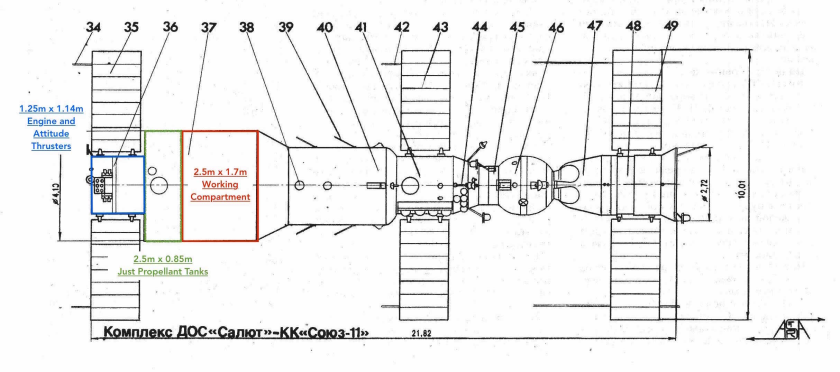So, what is a general intellect?
To be honest, no one seems to know.
And don’t try to consult the Wikipedia on the term; the entry there is worse than useless:
General intellect, according to Karl Marx in his Grundrisse, became a crucial force of production. It is a combination of technological expertise and social intellect, or general social knowledge (increasing importance of machinery in social organization). The “general intellect” passage in the Fragment section of Grundrisse, shows that, while the development of machinery led to the oppression of workers under capitalism, it also offers a prospect for future liberation.
The Wikipedia entry references the writing of some guy named Paolo Virno. This idiot academic claims Marx got the concept of the general intellect completely wrong!
As is usual in the long Marxist tradition, Marx coins a term to capture a concept, then some third-rate Marxist academic comes along and claims the term Marx invented captures a meaning other than the meaning Marx invented the term to capture.
The sheer cheek of this guy is astonishing.
***
The general intellect is Marx’s term for the general state of science and technology (i.e., the application of this scientific knowledge to production) as it is physically hardwired in the total productive infrastructure of society. It describes both the actual revolution in knowledge as mankind taps the secrets of nature and the practical application of that knowledge to production as mankind unleashes the forces of nature and employs those very forces to press their mastery over nature itself.
The archetypal element (unit, component) of the general intellect is the machine.
Some people confuse machines with tools, but I think they are not the same thing. With a stone axe, you can split wood, but it takes a machine to split atoms. Moreover, machines are not extensions of the human hand. Marx makes clear that machines are actually extensions of the human brain, scientific knowledge materialized in the form of industrial processes:
They are organs of the human brain, created by the human hand; the power of knowledge, objectified. The development of fixed capital indicates to what degree general social knowledge has become a direct force of production, and to what degree, hence, the conditions of the process of social life itself have come under the control of the general intellect and been transformed in accordance with it. To what degree the powers of social production have been produced, not only in the form of knowledge, but also as immediate organs of social practice, of the real life process.
The machine is knowledge objectified!
The general intellect is the total sum of mankind’s scientific and technical knowledge given objectified form in the total productive infrastructure of society. In this form, scientific and technical knowledge has become both a direct force of production in its own right and immediate organs of social practice generally.
This is the force Stalin indicated Soviet society would unleash to realize communism. Essentially, communism itself would be knowledge objectified, an extension of the human mind. Labor would have to go away to make room for this new organ of the human brain.
I can paraphrase Marx’s fragment on the machine to better describe what is taking place in our speculative fictional alternative communist society.
The creation of communism would progressively depend less on the expenditure of human labour and more on the controlled application of the natural forces set in motion during production. The focused application of natural forces in production, in turn, would depend on the general state of science and on the application of this science to production, as it is hardwired (physically embodied) in the continuously evolving infrastructure of production.
Since production of the material foundations of communism would directly involve unleashing processes of nature that have been transformed into industrial processes, the workers themselves would not be directly involved in the production that created communism. Rather, they would merely supervise the machines that actually created the material foundation of communist society.
But this is only the first stage.
In the second stage, we could imagine the first Ivakhnenko-class machines would begin to emerge with the capacity to supervise themselves. These new generations of machines will learn on their own. Later iterations might even begin to maintain themselves, and design and build better machines.
In the third stage, it is possible that machines will act as advisers to human society!
***
This point will mark our departure from the actual historical record, but before we can get there, we have to save Khrushchev from early retirement and blow up the world.

Excited to see where these posts are leading.
Another little book recommendation. Year 200 by Augustin de Rojas. Cuban communist’s sci-fi book about a post-world war/revolution communist world where things are cybernetically managed and hobbies, art, and therapy has replaced work.
LikeLike